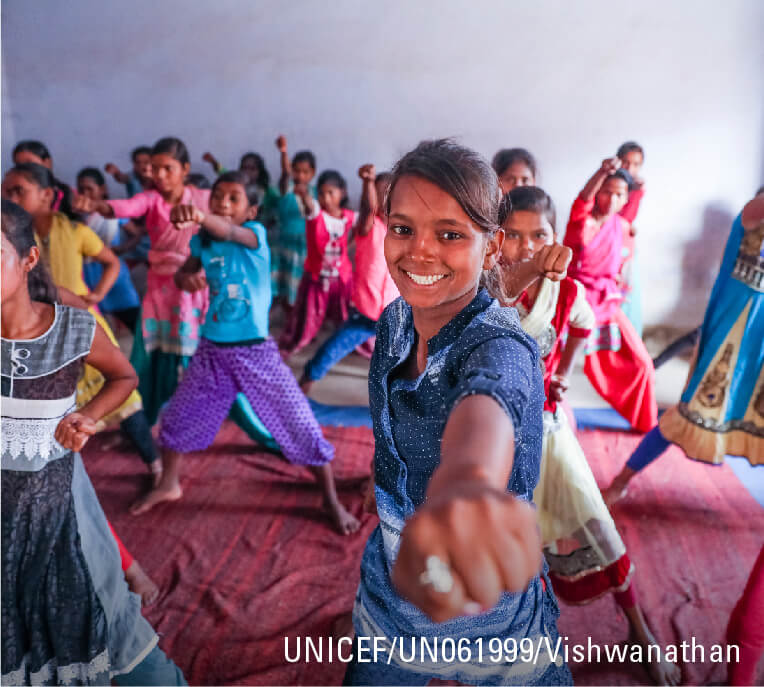
Institutional care refers to the care, protection, rehabilitation and social reintegration of children in difficult and vulnerable circumstances in an institutional setting under the guidance and supervision of child care professionals whose actions are governed by the standards as prescribed by the law of the land. The Juvenile Justice Act 2015 sets standards of care and protection for children for different types of child care institutions. It is important to note that the focus of child care in India as well as in many countries across the world has shifted from institutional to family or community-based child care, as is recommended by international instruments on child care and researches on the issue. This change in approach is reflected in India’s National Policy for Children 2013, which has identified one of its key priorities as ensuring a range of care options that are non-institutional, family-based and community-based. (Standards of Care in Child Care Institutions, Udayan Care and UNICEF India Country Office, 2016)
RESOURCES
-
The Report of the Committee For Analysing Data of Mapping and Review Exercise of CCIs under JJA, 2015 and Other Homes
Ministry of Women and Child Development, Government of India, 2018There have been various instances, wherein the living conditions of CCIs are compromised on living space, sanitation and hygiene, privacy, etc. Realizing this, the Hon’ble Supreme Court of India vide order dated 7th, February 2013 in Writ Petition (CRL) No. 102 of 2007 in the matter of EXPLOI. OF CHILN. INJ ORPH IN ST. OF TN V/s Union of India & Ors, directed that all Child Care Institutions (CCIs) be registered under various provisions of the Juvenile Justice (Care and Protection of children) Act, 2000, and directed the Govt. of India to undertake a mapping exercise of all CCIs in the country. This was to ensure that CCIs/Homes thereby fall under the mandate of the legislation and ensure the standards of care detailed therein. The National Mapping Exercise involved visits of all the CCIs/Homes in every district across the country during 2016 and collected information on legal status as well as standards of care, and also, ascertained whether children residing in Swadhar and Ujjawala Homes were being connected with the JJ system for care and protection. The overall objective was to create a detailed fact sheet and database of CCIs/Homes in the country providing a long term or residential care for vulnerable children. The present report, the outcome of the analysis of data generated through this mapping exercise, assumes significance due to the fact that a National Database on functioning of CCIs/ Homes (including their legal status), staffing pattern, facilities and support systems for children, functioning, funding and financial management
-
Standards of Care in Child Care Institutions
Udayan Care and UNICEF, 2017This booklet covers the latest legal and policy framework, key procedures and do’s and don’ts for child care professionals on standards of care in Child Care Institutions. This booklet has been written for child care practitioners, those working in the government offices, members of District Child Protection Units, Child Welfare Committees and Juvenile Justice Boards, social workers, caregivers, staff and management at child care institutions, State agencies as well as by beginners and volunteers in the field of Alternative Care.